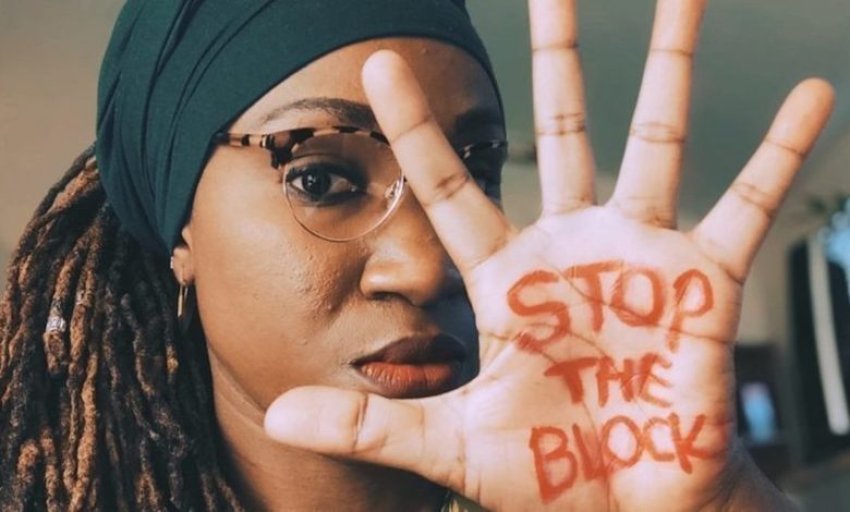
It’s impossible not to be cynical about United States foreign policy towards Cuba.
For decades now, the US has maintained a crippling blockade as well as hundreds of other draconian sanctions on Cuba. The US even goes so far as to punish other sovereign nations that trade or do business with Cuba.
US President Joe Biden has not only continued the blockade and the 243 additional sanctions against Cuba imposed by his predecessor Donald Trump, he has imposed additional sanctions of his own.
These measures have been detrimental to the lives and welfare of millions of Cubans.
The stated objective of all these measures is “to assist the Cuban people through regime change”. However, much of the motivation behind US foreign policy toward Cuba today is domestic: to win support from reactionary right-wing Cuban Americans, especially those in Florida, a key battleground state in US elections.
The latest sanctions on Cuba were announced by US Secretary of State Antony J Blinken on January 6. The US has barred eight Cuban government officials from entering the country, accusing them of being implicated in the alleged repression of peaceful protests in July last year, when there were demonstrations in Cuba over widespread shortages of food, fuel and medicines.
It is an inconvenient truth that such shortages are the result of the blockade and other US sanctions imposed on Cuba.
Blinken accused the targeted Cuban officials of being involved “in attempts to silence the voices of the Cuban people through repression, unjust detentions and harsh prison sentences”.
Blinken produces no evidence to support his assertion that the targeted Cuban officials acted improperly. He then goes on to state: “These visa restrictions reinforce the US commitment to supporting the Cuban people and promoting accountability for Cuban officials who enable the regime’s affront to democracy and human rights.”
The Biden administration regularly asserts that support for democracy and human rights is at the core of its foreign policy. However, it throws money in the direction of countries such as Israel, Columbia and Saudi Arabia, all of which have unimpressive records on human rights and democracy.
The US gives Israel almost US$4 billion a year in military aid, even though Israeli authorities are demonstrably guilty of apartheid towards the Palestinian people.
Since 2016, the US has given more than $1 billion to Columbia, purportedly for “peace implementation”. In reality, most of that money has gone to Columbia’s security forces, which have been implicated in extra-judicial killings and shootings of unarmed civilians.
The repressive absolute monarchy of Saudi Arabia is the biggest purchaser of US arms in the world.
Blinken went on to assert, again without evidence, that “Approximately 600 protesters across [Cuba] remain jailed after the July 11 protests, some with worsening health conditions and no access to proper food, medicine, or calls to their loved ones.”
In response to the latest US sanctions, Cuba’s Foreign Minister Bruno Rodríguez tweeted: “The US government persists in the bad habit of trying to impose its will on other governments through unilateral coercive measures. Today’s announcement by the [US] Secretary of State does not alter by one iota Cuba’s determination to defend its sovereign rights.”
It is clear that the Biden administration has no intention in the short to medium term of reversing Donald Trump’s policy of confrontation with Cuba. With the very real prospect of the Democrats losing control of one or both houses of Congress in the midterm elections this year, Biden is not taking any chances with Cuba.
Regrettably, it will be more of the same for some time to come.